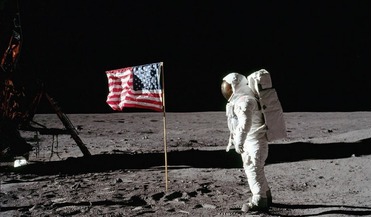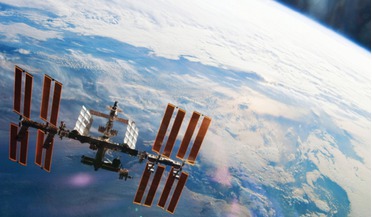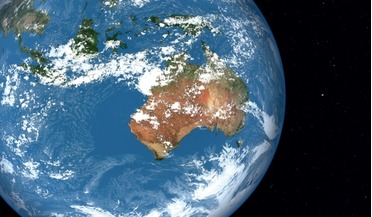 July 2014
Is there a space race or are India and China just coming of age?
July 2014
Is there a space race or are India and China just coming of age?
...and satellite imaging and communications tend to be lucrative. Indirectly, countries often hope that investing in their space programmes will inspire their students to study science and technology fields, eventually spurring their economies, and that...
 July 2014
Space 1.0 to Space 3.0: from Gagarin to market growth
July 2014
Space 1.0 to Space 3.0: from Gagarin to market growth
...2.0 was that it protected the role of the state as the main initiator, beneficiary and investor in space programmes and projects. Space research can once again be a leader of innovation only on the basis of a new visionary project. The most promising...
 August 2016
International cooperation drives Germany’s space ambitions
August 2016
International cooperation drives Germany’s space ambitions
...of national objectives in accordance with the German space strategy is carried out in large part in the context of ESA programmes. These are complemented by projects in the national space programme, which include providing instruments for ESA science...
 August 2016
Flying in formation - why China and the rest of the world should collaborate
August 2016
Flying in formation - why China and the rest of the world should collaborate
... module - it was launched relatively late in the ISS programme and has a longer remaining working life. If the CSS... other choice except for joining the US deep-space exploration programme, which almost means relinquishing human spaceflight activities ...
 February 2017
UN strategy lifts capacity for non-spacefaring countries
February 2017
UN strategy lifts capacity for non-spacefaring countries
...which do not have sufficient infrastructure or financial backing for their own space programme, gives more countries access to space and the ability to use space technology as a tool for the achievement of the Sustainable Development Goals. Diplomacy...
 October 2017
Can Australia’s space industry overcome years of political setback?
October 2017
Can Australia’s space industry overcome years of political setback?
... back and allowing the free market to drive the development of a space programme. A national space policy must be developed in broad consultation not just with the Australian space community but also including key international actors, major and...